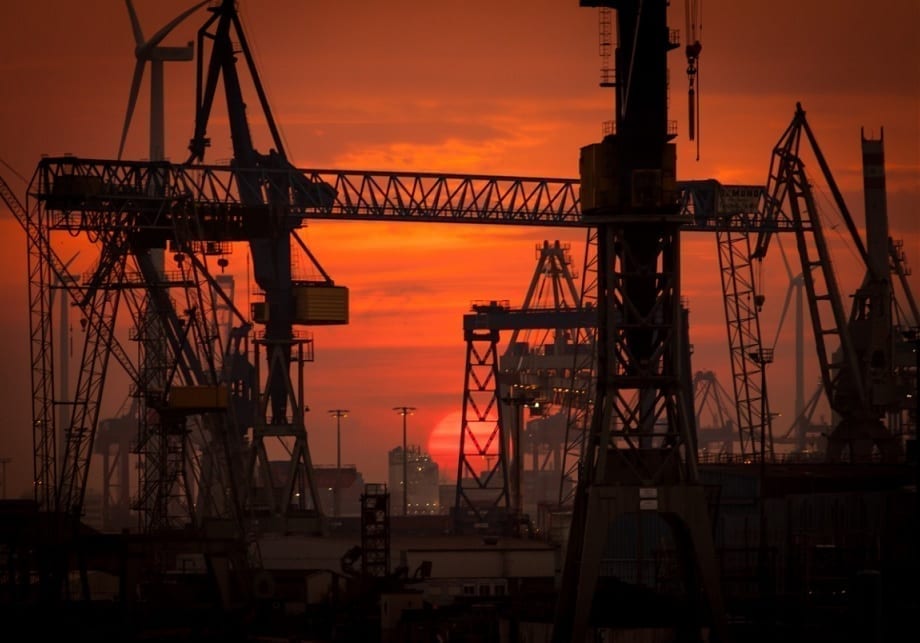Oil companies announced another record low year for oil discoveries, finding enough new deposits to cover 73 days worth of 2016-level global oil demand.
According to the Norwegian research firm Rystad Energy, oil discoveries reached a record low of 7 billion BOE (barrels of oil equivalent) in 2017. The previous low was set in 2016, when oil companies discovered barely 8 billion BOE. While oil discoveries are down from the 15 billion BOE discovered in 2014-2015 and the 30 billion BOE discovered in 2012, discoveries this meager haven’t been seen since the 1940s.
The world burns through 96 million barrels of oil and liquid fuels per day, according to the International Energy Agency’s 2016 estimate. That means the 7 billion barrels that oil companies found in deposits last year would fill the global oil demand for 73 days, assuming demand in the year 2027 matches 2016 demand and everything else is roughly constant. Why 2027? Because it can take a decade for the oil discoveries made today to be drilled, extraction begun, and the first oil transported, refined, and brought to market.
Recent announcements of “major” oil discoveries highlight just how sparse the finds are becoming. Last November, the Mexican oil company Petroleos Mexicanos revealed its largest onshore find in fifteen years. The deposit, south of Veracruz, is said to hold 1.5 billion barrels of oil in total, with 350 million barrels “in proven, probable and possible reserves.” Those recoverable 350 million BOE would cover world demand for about three and a half days. Another “massive” oil deposit discovered in Alaska earlier last year, the biggest find in a generation, holds 1.2 billion BOE, which could run the world for 12.5 days.
For further comparison, the Arctic National Wildlife Refuge (ANWR), which Trump was so excited to “finally get done,” holds 7.7 billion barrels of recoverable oil, based on the average estimate. Not only does that mean that less than an ANWR’s-worth of “new” oil deposits were found in the whole world last year, it also means that the ANWR could cover United States consumption for a little more than a year based on 2016 demand, assuming that the oil is not just sold off on the world market, probably to Pacific rim countries.

Oil companies say they need bigger exploration budgets if they’re going to make more oil discoveries. But remember, oil is a finite resource, companies have been combing the planet for the stuff for decades, and most importantly, what they call “production” is merely extraction. It’s not like there are more oil deposits forming out there, at least on any time scale that is meaningful in the context of a human lifetime.
Even the World Bank, that defender of the capitalist status quo, knows we’re scraping the bottom of the oil barrel. Marking the second anniversary of the Paris climate agreement, the World Bank announced in December that it would end support for oil and gas extraction after 2019. France followed suit, albeit weakly, by passing a law banning extraction in its territories by 2040, but at the rate we’re going, it’s a token gesture. Currently, French territory yields the amount of oil each year that Saudi Arabia pumps out in a few hours.
So what does it all mean? Critics are quick to point out that it doesn’t mean much, since there is still a lot of oil in the ground beyond what is now technically recoverable. On the other hand, oil that we can’t get out of the ground with today’s technology can’t grow your food, heat your home, or add more carbon to our atmospheric blanket. It’s a mixed blessing.
Two things seem certain. First, we have to take a good, hard look at oil’s place in our lives, and start finding ways to make do with less, especially in the coming years when we start really feeling the 2016-2017 dearth of oil discoveries. Second, a resource squeeze seldom means good news for any civilization, as people start feeling deprived, increasingly desperate, and willing to take it out on institutions and each other. What, if any, changes will you make in the next few years, now that you know what’s coming?
Related: Market Corrections: Oil and Dating


Join the conversation!